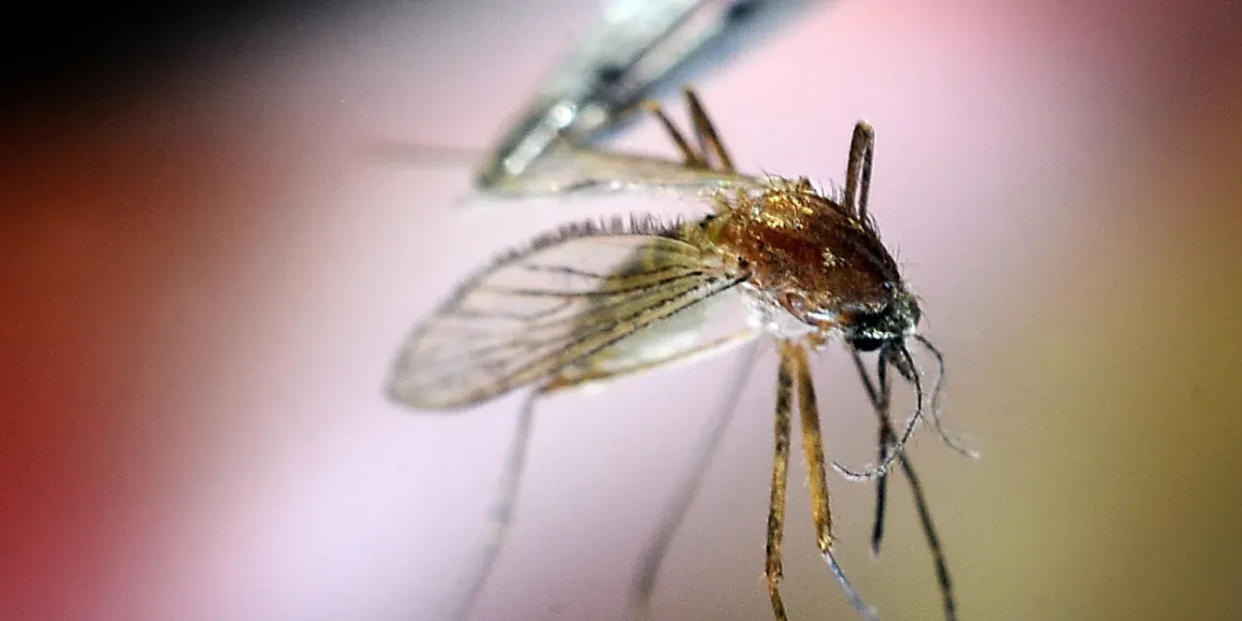Mosquitoes test positive for West Nile Virus in Milwaukee. How to stay safe.

Mosquitoes in Milwaukee have tested positive for West Nile Virus, an annual reminder of the need to take precautions against bites in the summer.
The infected bugs were found in the city and along the North Shore.
Here's what to know.
What is West Nile Virus?
West Nile Virus is carried by the Culex family of mosquitoes. They pick up the virus from infected birds. The insects can then pass the disease on to humans and animals, including horses.
The virus does not spread directly between humans, or between animals, or from animals to people.
The mosquitoes that carry West Nile Virus can be found in every county of Wisconsin.
More: As the summer starts, skin cancer concerns rise. Here are 5 facts you need to know.
What are the symptoms of West Nile Virus?
Most people who get West Nile Virus have no symptoms.
The 20% who do, usually experience mild symptoms that can include fever, headache, muscle ache, rash and fatigue.
Fewer than 1% of people have serious symptoms, which can include high fever, muscle weakness, stiff neck, mental confusion and disorientation, tremors, paralysis and coma. This type of severe illness is more likely in people who are older or have a weakened immune system. In some of these cases the disease can be fatal, so it's important to see a doctor right away.
There are no vaccines or specific treatments available for West Nile Virus beyond doctors providing supportive care for people while their bodies fight off the infection.
More: Does citronella actually ward off mosquitos?
Has anyone gotten West Nile Virus this year?
Not yet.
From 2018 to 2022, an average of 11 cases of West Nile Virus were reported annually in Wisconsin, according to data from the state health department. Last year, the state logged six confirmed and probable cases of the virus.
When does West Nile Virus spread the most?
Infections have been reported from June through October, according to the City of Milwaukee Health Department.
Most people report getting sick in August and September.
The mosquitoes that spread the virus are active through the summer and until the year's first hard frost, which is when temperatures drop below 28 degrees for more than four hours.
More: What is the deadliest animal in the world? The surprising animal you've already met.
Is West Nile Virus preventable?
Absolutely. You can avoid West Nile Virus by avoiding getting mosquito bites.
Wear bug spray or other insect repellant when outdoors. You can also treat your clothes with permethrin before wearing them. Do not put permethrin on your skin.
It also helps to wear long clothes and socks when in areas where mosquitoes live and bite.
The mosquitoes that spread the virus are most active in the morning and early evening hours, so you can schedule events outside of those times if needed and possible.
You can also take steps to mosquito-proof your home.
Dump any containers that hold standing water, where mosquitoes, love to breed. Change water in bird baths and pet bowls at least every three days. Clean and add chlorine to pools, outdoor saunas and hot tubs.
Make sure your windows have screens that are intact and tightly fitted.
Trim and mow tall grasses, weed and vines where mosquitoes like to rest on hot days.
Contact Devi Shastri at 414-224-2193 or DAShastri@jrn.com. Follow her on Twitter at @DeviShastri.
This article originally appeared on Milwaukee Journal Sentinel: Milwaukee, North Shore mosquitoes test positive for West Nile Virus

